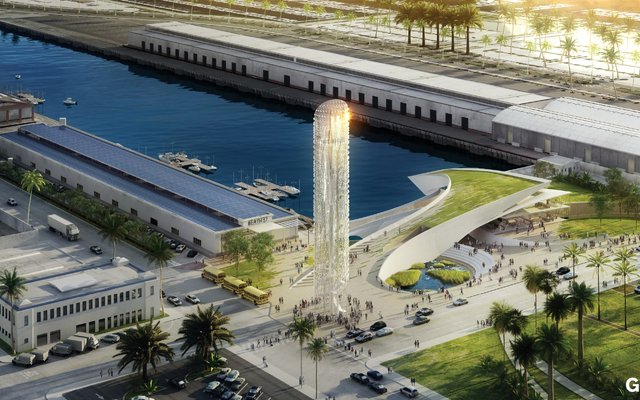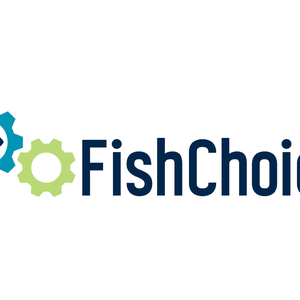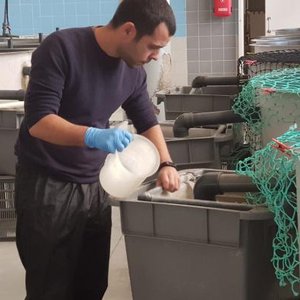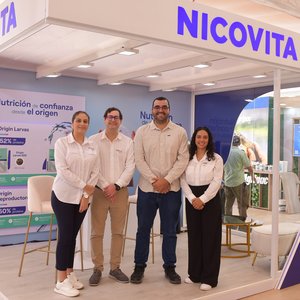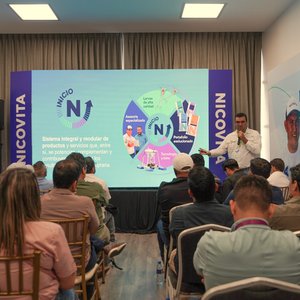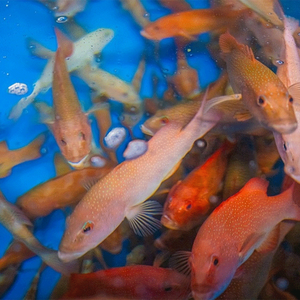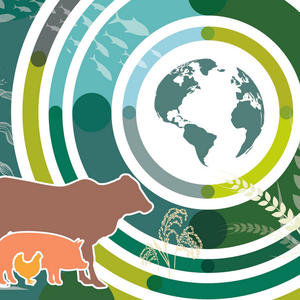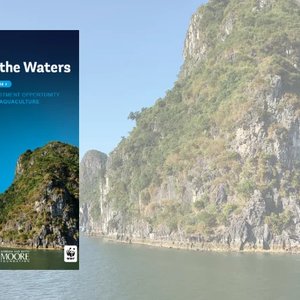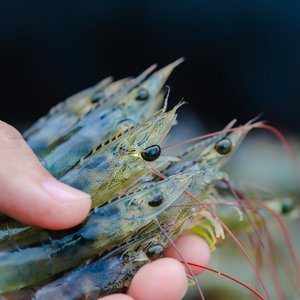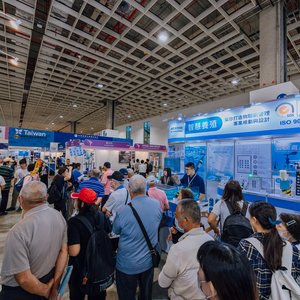AltaSea at the Port of Los Angeles partnered with University of Southern California professor Sergey Nuzhdin of the Dornsife College, Biological Sciences Department, to establish an expansive seaweed lab – the Nuzhdin Research Laboratory – on the AltaSea campus. The 6,000 square-foot lab will be the home to groundbreaking research on regenerative aquaculture as well as the commercial application of new technologies in aquafarming.
In addition to the research to be conducted at the lab, several projects and initiatives are in development at AltaSea with the seaweed lab, including a demonstration bivalve and seaweed platform, mentorship programs for undergraduate and graduate students, augmented reality algae farming educational experience, and community engagement experiences in conjunction with the Boys & Girls Club of LA Harbor.
Dr. Nuzhdin’s lab will conduct research to advance the commercial production of seaweeds. This work will include breeding improved non-GMO kelp varieties and establishing cultivation practices, while also protecting the genetic diversity of natural kelp beds. Supported with funding from the ARPA-E MARINER Program, the breeding facility will extensively focus on developing seaweed varieties that are particularly well suited for producing sustainable feedstocks for biofuels and biochemicals, as well as alternative livestock feeds from the ocean.
“This new laboratory facility is a pivotal component of an emerging “Macrocystis (Giant Kelp) Super-Cluster” here in Southern California, which brings together multiple world-leading R&D and deployment capabilities to accelerate the growth of the seaweed aquaculture industry,” said Marc von Keitz, ARPA-E Program director for MARINER.
Additionally, supported by NOAA Sea Grant and USDA, the researchers will look for ways to sustainably increase the number of aquaculture farms, particularly for shellfish and kelp.
“Aquaculture represents an increasingly large part of the seafood market globally, and the key component of aquaculture will be to make the production of aquaculture systems, such as shellfish, kelp, and seaweed, more sustainable,” said Dr. Nuzhdin. “By partnering with AltaSea and its tenants, an important synergy is being created to revolutionize the future of aquaculture and at the same time help grow the blue economy.”


